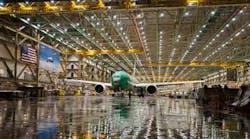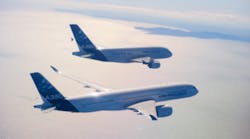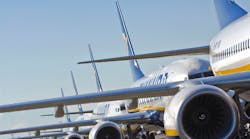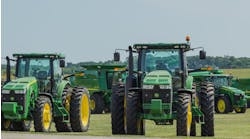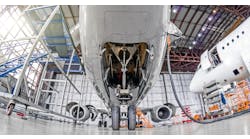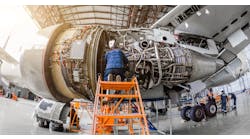While Boeing and other jet builders are enjoying burgeoning demand for new aircraft across all categories of planes, it said over 70% of the new airplanes scheduled for delivery between 2014 and 2033 are forecast to be large freighters, such as its own 747-8 and 777.
"We see strong signs of a recovery as air-freight traffic levels continue to strengthen after several years of stagnation," stated BCA vice president-Marketing Randy Tinseth. "The air cargo market is now growing at nearly the long-term rates."
Boeing noted that global air-cargo traffic began its current expansion period the second quarter of 2013, increasing 4.4% for the January-July 2014 period, compared to the same period the previous year. If this trend continues, Boeing stated, 2014 will achieve the highest rate of annual growth year since 2010 for air-freight volume.
Boeing ascribed weak air-cargo growth in the previous years to an underperforming global economy and low levels of global trade activity, in particular for commodities customarily served by the air cargo industry.
In its new forecast, Boeing indicated Asia-North America and Europe-Asia would continue to be the dominant world air-cargo markets, representing the most traffic volume.
Intra-Asia, domestic China, and Asia-North America air-freight markets are forecast to have the fastest rates of growth through 2033.
Boeing expects the world’s freighter fleet will increase by 840 new factory-built airplanes and 1,330 passenger-jet-to-freighter conversions during the outlook period. It said over 52% of those deliveries would be replacement capacity, while the other 48% would represent growth in carrying capacity.
"Our complete lineup of efficient, highly capable freighters are well positioned to continue to carry more than half of the world's air cargo traffic as the market continues to strengthen," according to Tinseth.
